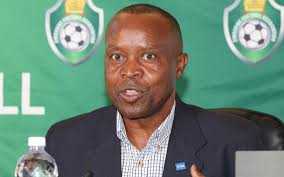
Patience Muchemwa
Zimbabwean football is undergoing a renaissance, with a new focus on youth development aimed at propelling the nation back to the global stage. The country’s footballing journey has been a rollercoaster, reaching the 1969 World Cup qualifiers before enduring a period of decline due to political and economic challenges.
Newly-appointed Zifa Technical Director, Jethro Hunidzarira, has implemented a model prioritising youth football. This initiative emphasises developing talent from the grassroots level, specifically through schools and academies.
Hunidzarira’s plan involves establishing national academies and eliminating unregistered clubs. This aims to tackle the issue of age manipulation and equip young players with professional football techniques.
While the core concept of the model receives backing from coaches and technical personnel, some propose alternative approaches. Harare City Football Club assistant coach, Kervin Togaraseyi, acknowledges the importance of grassroots development and qualified instructors. However, he disagrees with the outright ban on unregistered academies.
Togaraseyi highlights the crucial role these academies play in nurturing talented players, often with limited resources. He suggests that instead of a ban, the Zifa should provide support through grants and coaching courses.
“I think that’s how football must be run,” Togaraseyi said.
Related Stories
“Grassroots is the foundation of football having qualified coaches to teach the youngsters the basics and fundamentals of footballs at the tender age.”
He continued: “On banning those unregistered Academies, I don't support that. I think they should give them some resources like grants, free courses to the coaches because looking back these unregistered Academies they have produced good players with limited resources so they need support from the mother body so that all Academies are equipped with enough and qualified personal running it.”
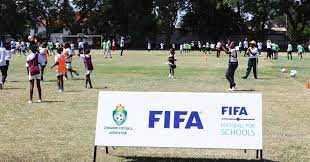
Togaraseyi further proposes incorporating women’s football development into the model. He recommends mandating all academies to establish female teams from the U13 age group onwards. This initiative aligns with the recent success of Rudo Machadu, a player from Maningi Queens, who secured a loan move to Hollywoodbets Women Premiership in South Africa.
Former coach, Prosper Manzungu applauds the model’s potential but raises concerns regarding the Zifa’s current state. The contracts of the normalisation committee members are nearing expiration, potentially hindering the implementation process.
Manzungu emphasises the crucial role of funding. He questions how the Zifa plans to finance the grassroots projects, considering the expenses associated with materials, travel, logistics, and personnel.
“I think it’s too early to decide whether the model works or not, but given the history of the association that one is into there are a lot of hiccups at the moment with the normalisation committee,” Manzungu said.
“Are they going to extend their contracts until the end of the year? If not, there is going to be another [committee] to usher other executive committee, so the issue is how is he going to deal with the budgets to implement the model because the key problem here is finance.”


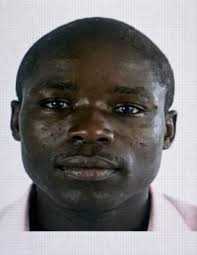












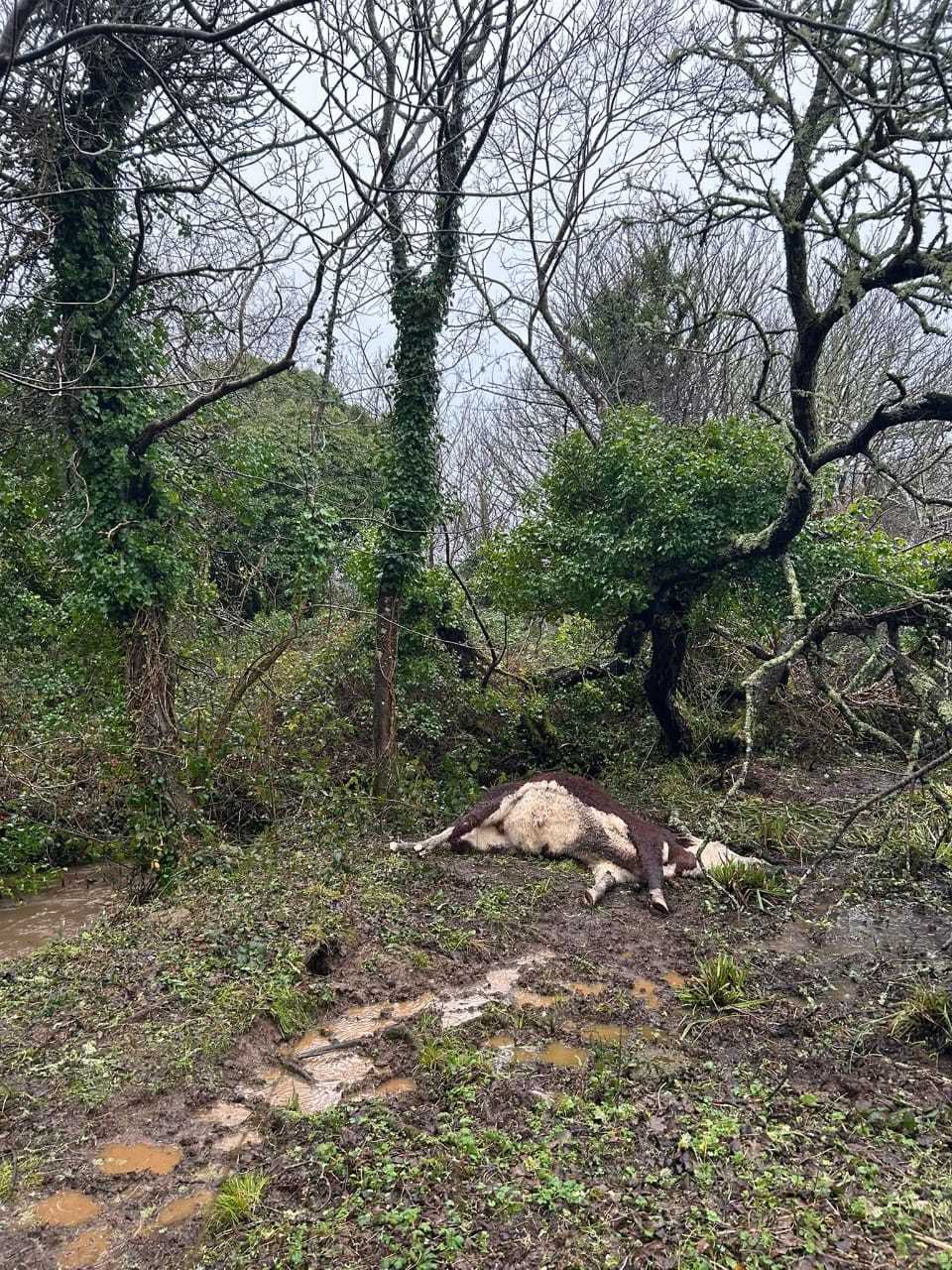
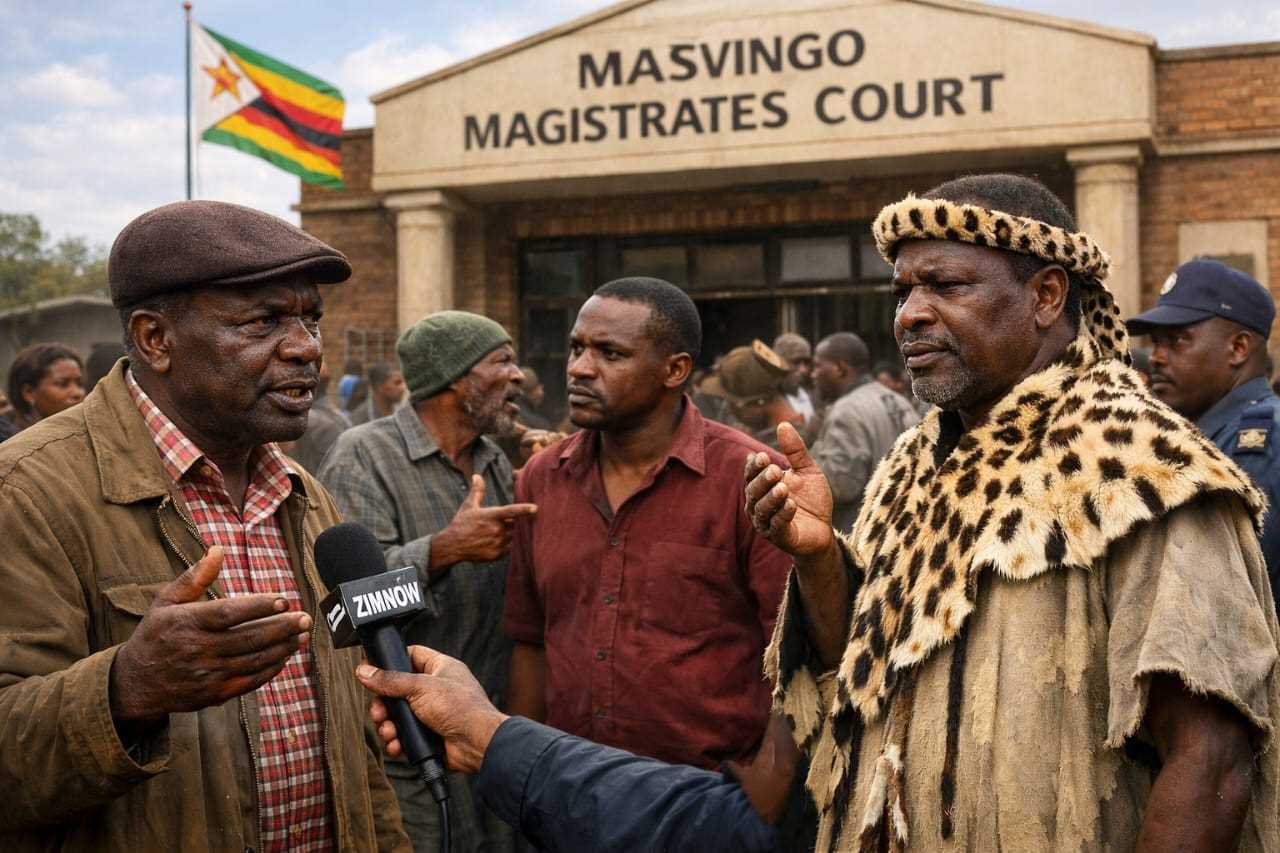


Leave Comments